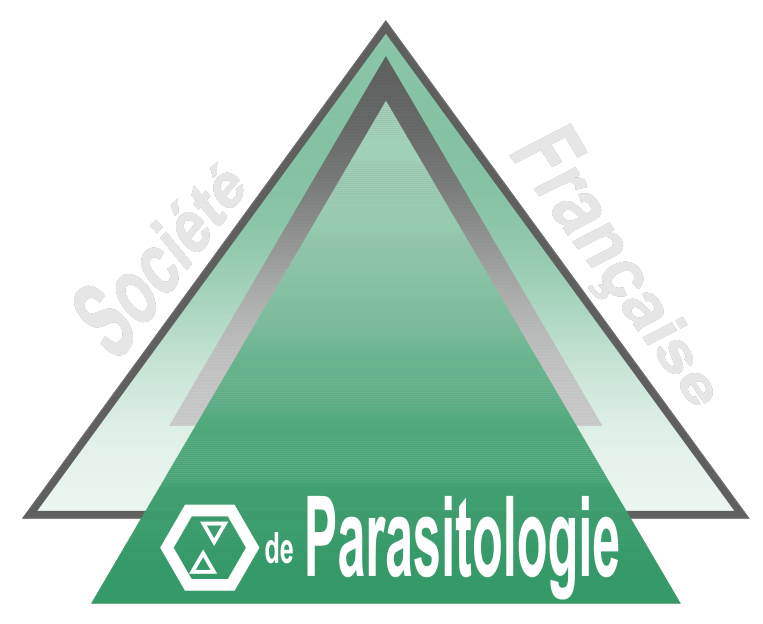Dear Researchers,
We hope that you had a nice break over the New Year celebrations and we are looking forward to seeing you in March.
The deadline for abstract submission forposter presentations is now extended till January 17th. Poster sessions will cover cutting-edge developments in all areas of parasitology research.
Click here:http://www.weizmann.ac.il/conferences/FIP2018/registration to submit an abstract of your latest research by the 17 January 2018 deadline.
We also remind you to register for the dead sea tour (Click here:http://www.weizmann.ac.il/conferences/FIP2018/excursion), the social events throughout the conference will provide ample opportunity for scientific as well as informal interactions.
Finally, we would like to kindly ask you to promote this upcoming meeting within your national parasitology communities.
REGISTRATION IS FREE OF CHARGE
Happy New Year,
Neta, Dan, Michal and Shula
The Organizing committee of Frontiers in Parasitology meeting 2018
http://www.weizmann.ac.il/conferences/FIP2018/
Neta Regev-Rudzki Dan Zilberstein Michal Shapira Shulamit Michaeli
Weizmann Institute Technion Ben-Gurion University Bar-Ilan University
About the The ‘Frontiers in Parasitology’ meeting 2018
The ‘Frontiers in Parasitology’ meeting’s main theme is biological principles and their parasitic twist.
The meeting aims to gather leading scientists from around the world working in the parasitology field to share their latest findings in molecular and translational advances and to synthesize knowledge to drive future research agendas. In particular, the meeting will cover the molecular biology and biochemistry of parasitic protozoa, kinetoplastida and helminths and their interactions with both the definitive and intermediate host.
The conference will place special emphasis on the interdisciplinary approaches needed for new discoveries in the cellular biology of different parasites as well as effective therapeutic strategies to control a wide range of human and veterinarian pathogens that cause malaria, leishmaniasis, trypanosomiasis, toxoplasmosis, amoebiasis and worm infections.
